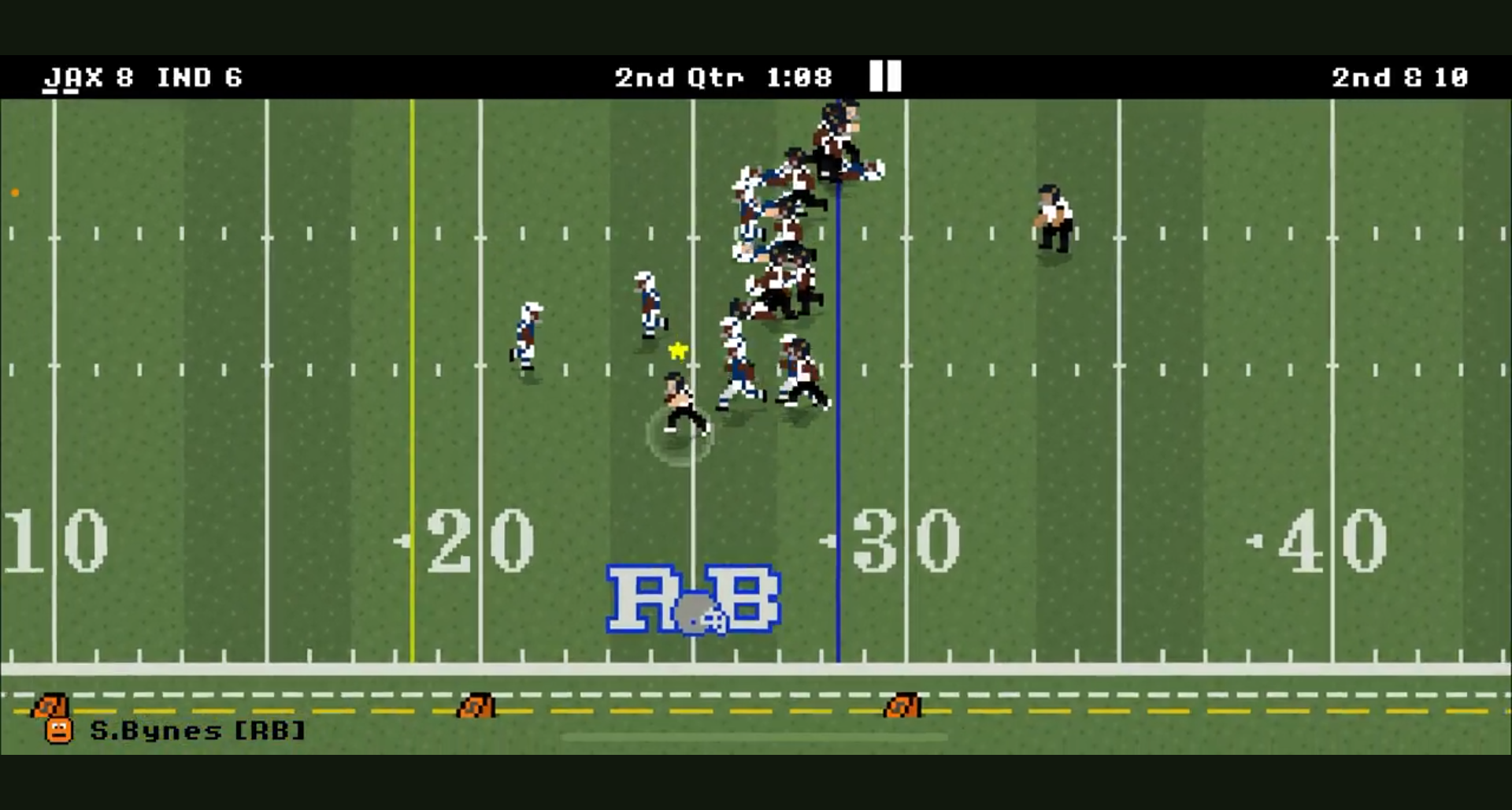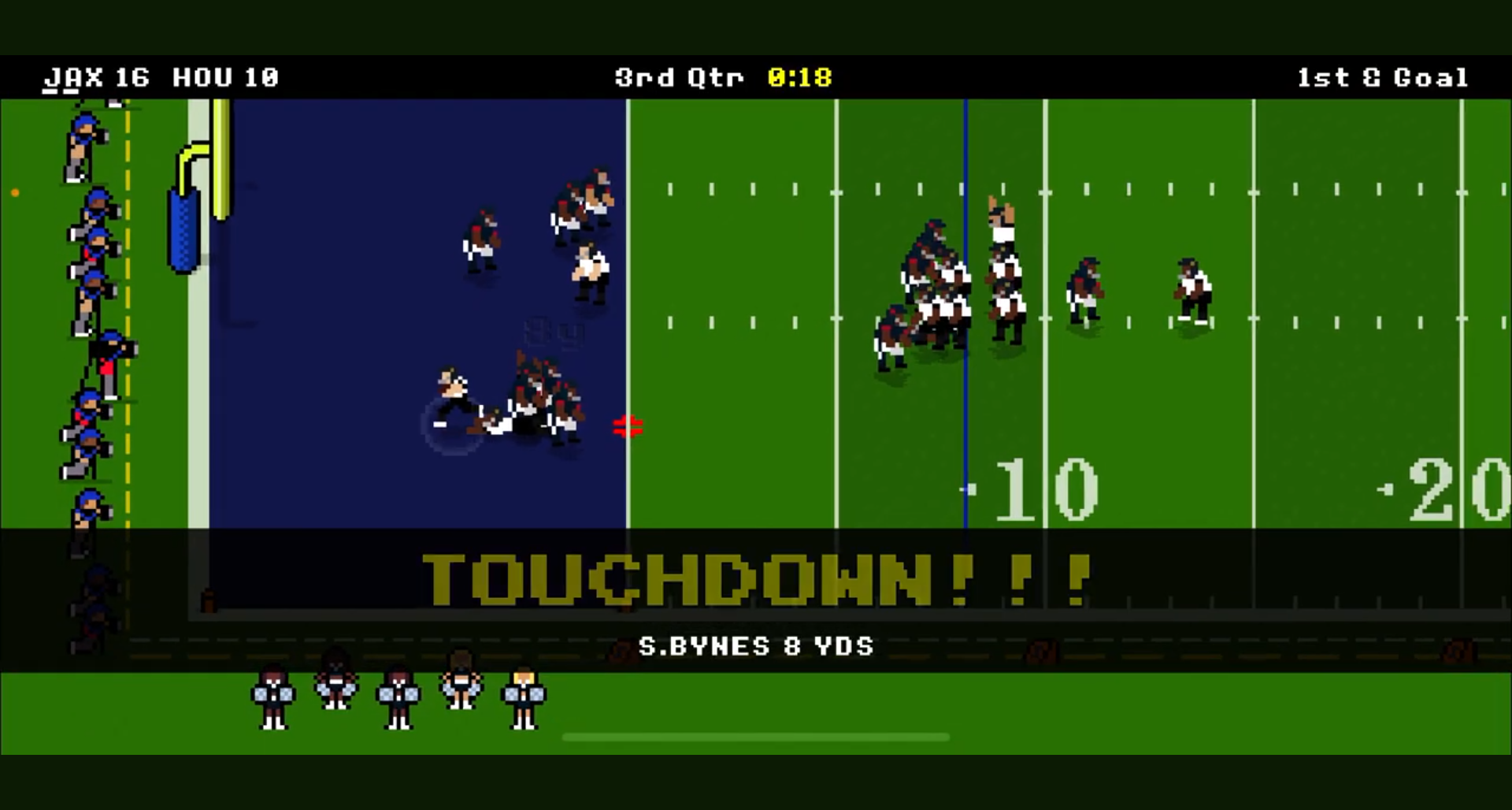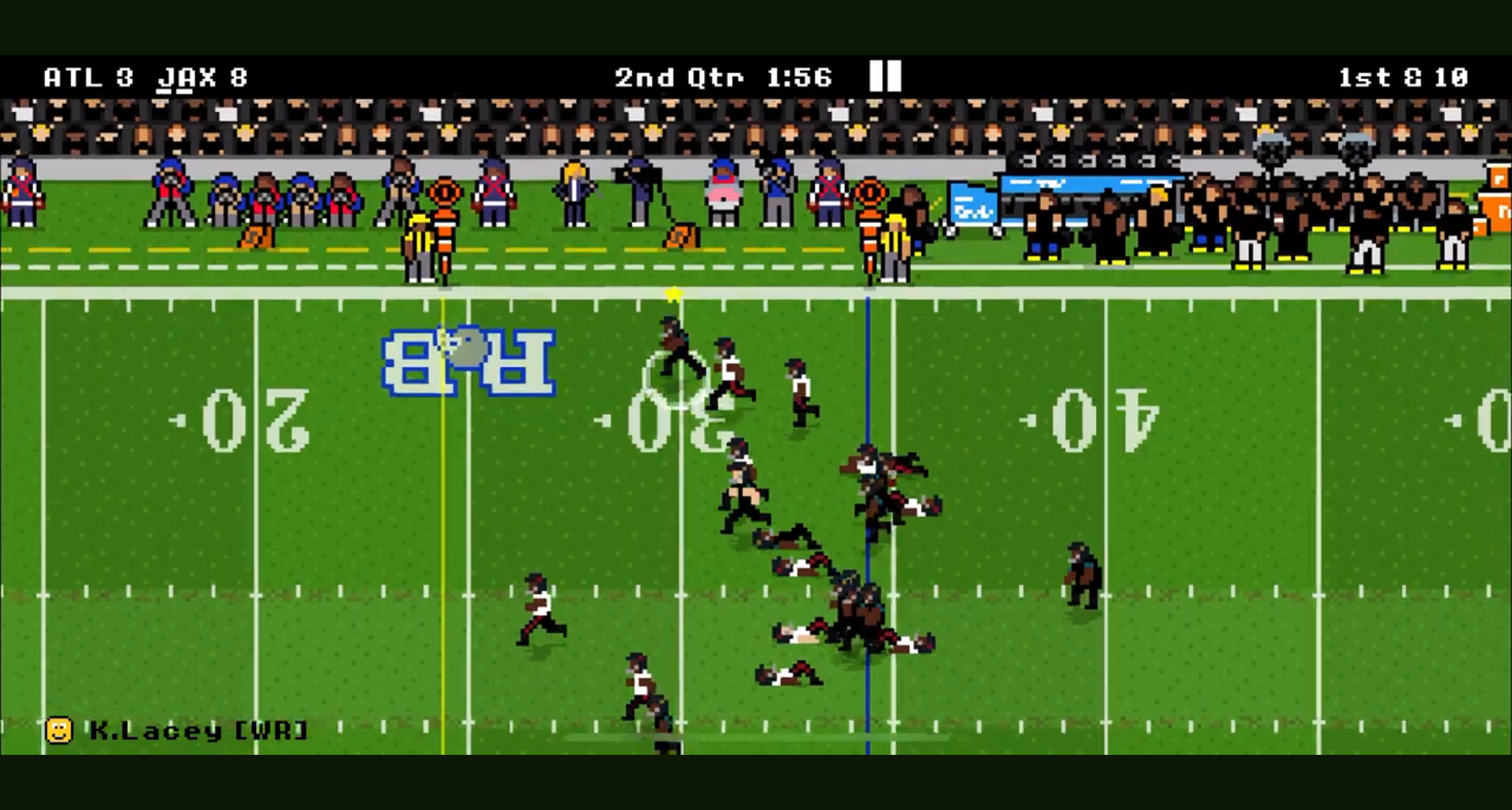In the colorful universe of Retro Bowl, managing your team is just as critical as dialing in your play strategies. One of the powerful yet often underestimated tactics at your disposal is resting your players. This simple action can make or break your season, influencing everything from player performance to injury risk. In this article, we’ll delve into what resting your players in Retro Bowl do, the advantages it brings, and the risks associated with neglecting this essential management tactic.
The Mechanics of Resting Players
What Does Resting Entail?
Resting players in Retro Bowl involves allowing your athletes to take a break from the action during crucial moments. This can be done by strategically substituting players or, in some cases, holding them out of practice leading up to important games. This fundamental concept revolves around giving your players time to recover, both physically and mentally.
It’s essential to note that resting isn’t about benching your star players for the entire game but rather managing their playtime appropriately. In Retro Bowl, effective player rotation can drastically enhance overall performance, ensuring that each player is in peak condition when it matters most.
When to Consider Resting Players
Evaluating when to rest players is just as important as the action itself. Here are key situations to consider:
– **Prior to a Tough Match**: If you know you’re facing a strong opponent, resting your key players beforehand can give them the edge they need to perform.
– **Following Injuries or Severe Fatigue**: If a player has recently sustained an injury or is showing signs of fatigue, it’s vital to consider resting them to prevent exacerbating their condition.
– **Scheduling with Back-to-Back Games**: In situations where games are scheduled closely together, such as back-to-back matchups, it’s wise to rest players to prevent burnout.
Benefits of Resting Players
Improved Player Performance
One of the most significant advantages of resting players in Retro Bowl is the improvement in performance. Player fatigue can seriously impact focus and stamina. When you rest your players, you give them the opportunity to recharge, ensuring they are sharp and ready to tackle challenges head-on.
For example, a tired quarterback might struggle with decision-making or throw inaccurate passes, affecting the entire team’s performance. Conversely, a well-rested player is likely to have enhanced focus and energy, directly translating into better gameplay.
Injury Prevention
The correlation between player fatigue and injury rates cannot be overstated. Fatigue often leads to reckless play, poor form, and ultimately, injuries. By implementing a strategic rest schedule, you not only improve immediate on-field performance but also contribute to the long-term health of your players. Staying proactive about resting helps keep critical injuries at bay, allowing players to maintain their fitness throughout the season.
Tactical Advantages
Resting players can also offer you tactical advantages in future matches. By managing your player rotations wisely, you can position your best athletes to face essential opponents. This enhances the team’s overall morale and sense of unity. When players see that their health is prioritized, it cultivates a positive environment, leading to improved team dynamics.
Risks and Drawbacks of Resting Players
While resting players can be beneficial, it does come with its risks.
Impact on Game Outcome
One immediate drawback is the potential impact on game performance. If you rest too many players at once, your team might struggle to perform against opponents. Losing critical matches can set back your overall progress in the season, and the wrong resting decisions might haunt you later on.
Team Chemistry and Dynamics
Resting players can potentially disrupt team chemistry. Certain players might thrive off regular playtime and lose their rhythm when benched. Consistency is key in maintaining a cohesive unit, and altering lineups frequently can lead to confusion or decreased morale.

How to Effectively Manage Player Resting
Monitoring Player Fatigue Levels
To make informed decisions about resting players, you must incorporate effective monitoring techniques. Utilize in-game statistics and observe players’ behavior during matches. Key signs of fatigue include decreased speed, lack of focus, or appearing winded more quickly than usual. Keeping a consistent chart of player performances can help in recognizing these patterns.
Balancing Rest and Game Strategy
Balancing rest with your game strategy is critical. Create a schedule that incorporates player rotations without compromising your team’s competitiveness. Factor in practice sessions and keep workouts light during periods of frequent games. This way, players retain their sharpness without overexertion.
Engaging with Players
Communication is vital in managing player rest effectively. Open discussions with your players about how they’re feeling regarding fatigue will help you make better decisions on resting. Gathering player feedback on performance and comfort can remarkably enhance your approach to resting.
Conclusion
In the competitive world of Retro Bowl, mastering player management, particularly rest, is crucial for optimal performance. Recognizing the benefits of resting players against the potential risks, while effectively leveraging these strategies, can significantly influence your season’s success. Strategic management of resting can unlock your team’s fullest potential and propel you to victory in the challenging landscape of Retro Bowl.

Additional Resources
– For an in-depth strategy discussion, visit the [Retro Bowl Wiki](https://retrobowl.fandom.com/wiki/Retro_Bowl_Wiki).
– Engage with community discussions around player management tactics on [Reddit](https://www.reddit.com/r/RetroBowl/).
Table: Key Points About Resting Players in Retro Bowl
| Aspect | Details |
|---|---|
| What is Resting? | Allowing players to recuperate, enhancing performance. |
| When to Rest? | Before tough matches, after injuries, during back-to-backs. |
| Benefits | Improved performance, injury prevention, tactical advantages. |
| Risks | Impact on performance outcome, team chemistry disruptions. |
| Management Techniques | Monitor fatigue, balance rest with strategy, engage players. |
Frequently Asked Questions
1. What does resting your players in Retro Bowl do for their performance?

Resting improves performance by reducing fatigue, enhancing focus, and maintaining stamina.
2. How can I tell when a player needs rest?
Look for signs like decreased speed, excessive panting, or complaints of tiredness during games.
3. Does resting players actually prevent injuries?
Yes, proper rest helps reduce the risk of injuries caused by fatigue and overexertion.
4. Can resting players affect team morale?
Yes, frequent changes might disrupt chemistry, but prioritizing players’ health can enhance morale overall.
5. How often should I rest my players?
Frequency depends on your players’ fatigue levels, upcoming game schedules, and general health conditions.
6. Is it advisable to rest star players?
Yes, even star players can benefit from rest to maintain peak performance levels over the season.
7. Can I manage to win games while resting players?
Absolutely! With strategic planning, resting players can actually set you up for stronger performances in critical matches.
8. How important is communication about resting?
Communication is vital for understanding player needs and maintaining trust, allowing for optimal rest strategies.
9. Does resting players impact my ranking?
Poor decisions could hurt your ranking, but well-timed rests can ultimately support long-term success.
10. What resources are available for better player management?
Explore forums, wiki guides, and discussions in retro gaming communities for more insights and strategies.